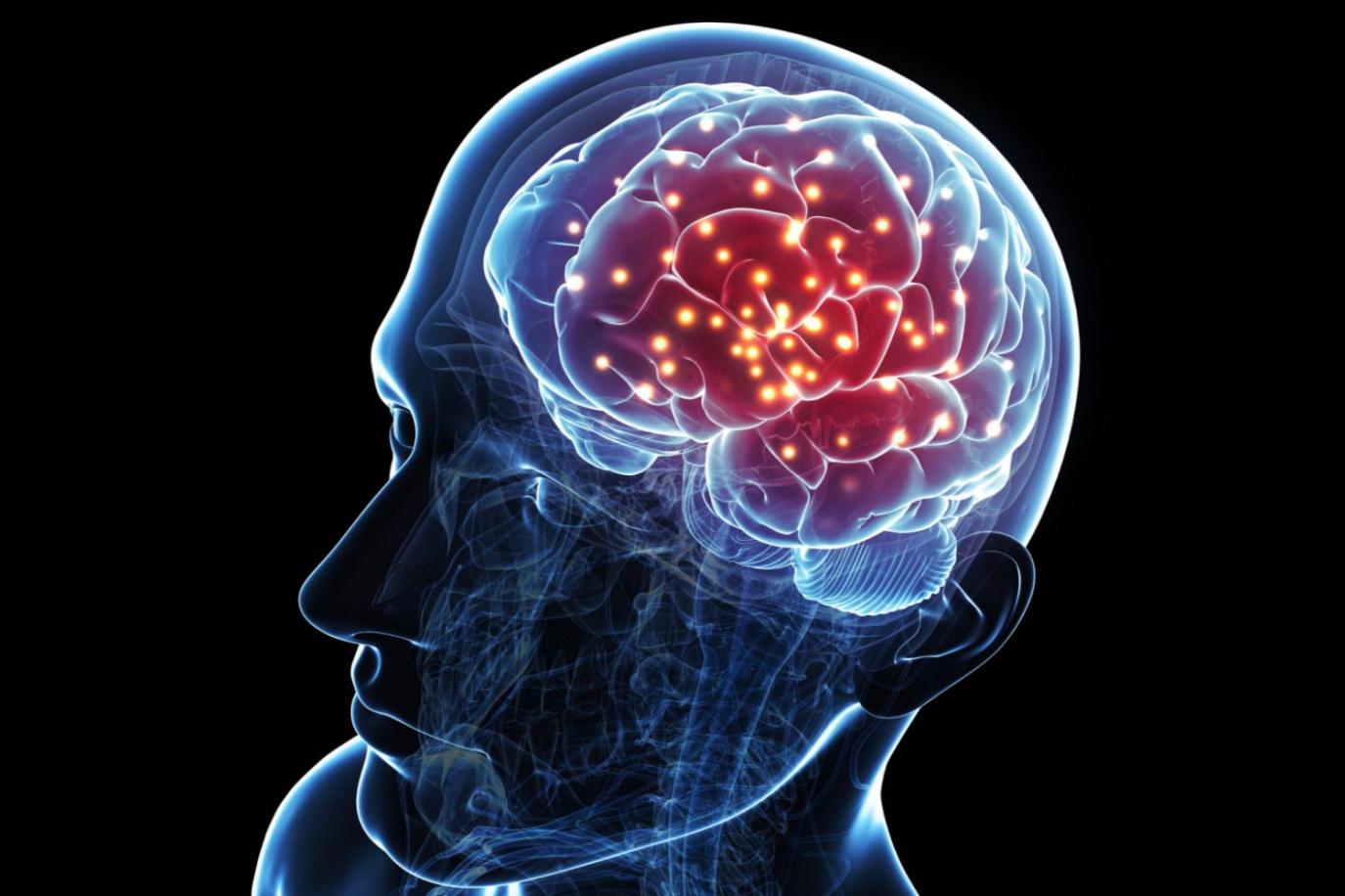How Can Accountants Use Brain Insights to Improve Their Problem-Solving Skills?
In the dynamic and ever-changing world of accounting, problem-solving skills are paramount. Accountants are tasked with navigating complex financial data, identifying discrepancies, and devising solutions to intricate business challenges. To excel in this demanding role, accountants must harness the power of their brains and leverage brain insights to enhance their problem-solving abilities.

Understanding The Brain's Role In Problem-Solving
The human brain is a remarkable organ, capable of processing vast amounts of information and solving problems with incredible efficiency. When faced with a problem, the brain activates various regions, each playing a distinct role in the problem-solving process.
- Prefrontal Cortex: Responsible for higher-order cognitive functions, such as planning, decision-making, and working memory.
- Temporal Lobes: Involved in processing sensory information, language comprehension, and memory.
- Parietal Lobes: Responsible for processing spatial information, mathematical calculations, and problem-solving.
- Occipital Lobes: Involved in visual processing and perception.
These brain regions work in harmony, exchanging information and coordinating their efforts to solve problems effectively. Moreover, the brain's remarkable ability to adapt and change, known as neuroplasticity, allows accountants to strengthen their problem-solving skills through continuous learning and practice.
Brain Insights For Accountants
Accountants can harness specific brain insights to improve their problem-solving skills and excel in their profession.
- The Power of Visualization: Visualizing data and concepts can enhance problem-solving by activating the brain's visual processing centers. Accountants can use visual aids, such as charts, graphs, and diagrams, to better understand complex financial information and identify patterns and trends.
- The Importance of Breaks: Taking short breaks during problem-solving tasks can improve cognitive performance. Breaks allow the brain to rest and recharge, facilitating the generation of new ideas and innovative solutions.
- The Role of Exercise: Regular physical exercise has been shown to improve cognitive function and enhance problem-solving abilities. Exercise increases blood flow to the brain, delivering essential nutrients and oxygen that support cognitive processes.
- The Value of Collaboration: Collaboration with colleagues can foster diverse perspectives and lead to more creative problem-solving. Accountants can benefit from brainstorming sessions, group discussions, and knowledge-sharing platforms to generate innovative solutions to complex accounting challenges.
Developing Problem-Solving Skills

Accountants can develop and strengthen their problem-solving skills through various strategies.
- Practice Active Listening: Paying close attention to the details of a problem and actively listening to all available information can help accountants better understand the root cause of the issue and devise effective solutions.
- Break Down Complex Problems: Decomposing complex problems into smaller, more manageable components can make them less daunting and easier to solve. Accountants can use techniques such as mind mapping or flowcharts to visualize and break down complex problems into manageable steps.
- Seek Diverse Perspectives: Consulting with colleagues, seeking input from experts in other fields, and considering alternative viewpoints can lead to more comprehensive and innovative solutions. Accountants should foster a culture of open communication and collaboration to encourage the exchange of ideas.
- Embrace Continuous Learning: The accounting profession is constantly evolving, and accountants must continuously update their knowledge and skills to stay relevant. Attending workshops, seminars, and conferences, as well as pursuing professional certifications, can help accountants stay abreast of the latest developments and enhance their problem-solving abilities.
Overcoming Cognitive Biases
Cognitive biases are mental shortcuts that can lead to errors in judgment and decision-making. Accountants are not immune to these biases, and they can hinder their problem-solving abilities.
- Confirmation Bias: The tendency to seek information that confirms existing beliefs and disregard information that contradicts them. Accountants can overcome this bias by actively seeking out diverse perspectives and considering all available evidence before making decisions.
- Anchoring Bias: The tendency to rely too heavily on the first piece of information received when making subsequent judgments. Accountants can mitigate this bias by gathering as much information as possible before making decisions and avoiding making hasty judgments based on limited data.
- Hindsight Bias: The tendency to believe that an event was more predictable than it actually was after it has occurred. Accountants can overcome this bias by conducting thorough analyses and considering all possible outcomes before making decisions.
Collaboration And Communication

Collaboration and communication are essential for effective problem-solving in accounting. Accountants can leverage teamwork and effective communication to gather diverse perspectives, generate innovative solutions, and overcome challenges more effectively.
- Foster a Collaborative Work Environment: Encouraging open communication, active listening, and respect for diverse opinions can create a collaborative work environment where accountants can share ideas and work together to solve problems.
- Utilize Technology for Collaboration: Online platforms, video conferencing tools, and project management software can facilitate collaboration and communication among accountants, even when they are working remotely or in different locations.
- Seek Feedback and Input: Accountants should actively seek feedback from colleagues, supervisors, and clients to identify areas for improvement and enhance their problem-solving skills.
By leveraging brain insights, developing problem-solving skills, overcoming cognitive biases, and fostering collaboration and communication, accountants can significantly enhance their ability to solve complex problems and excel in their profession. Embracing these strategies will enable accountants to navigate the challenges of the dynamic accounting landscape with confidence and deliver exceptional value to their organizations and clients.
YesNo

Leave a Reply